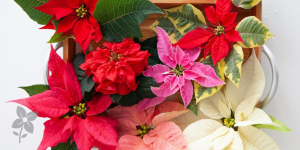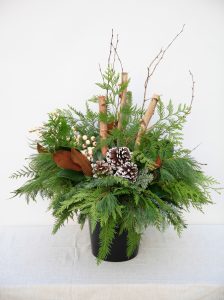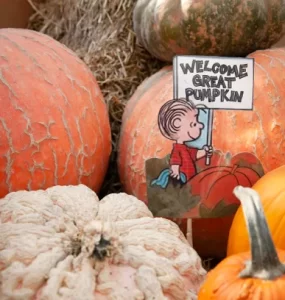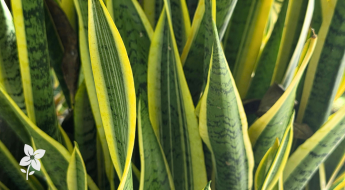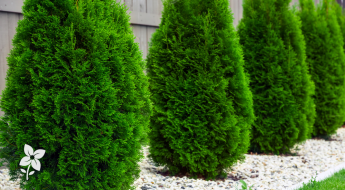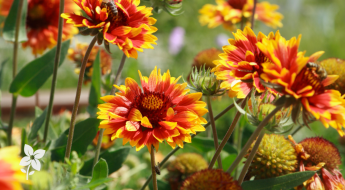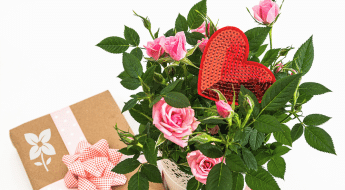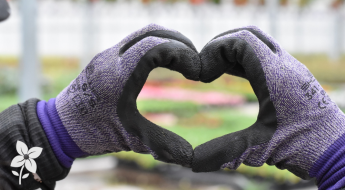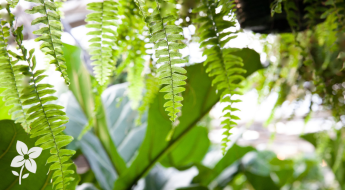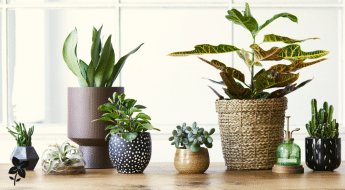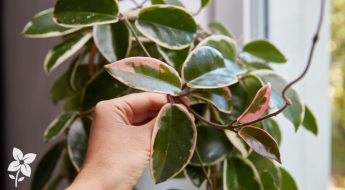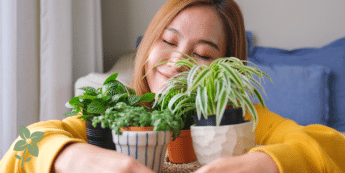The Rags to Riches Story of the Poinsettia
By Rob Sproule
If you’ve ever been lucky enough to see a poinsettia growing wild in it’s native range from central Mexico to northern South America, you probably didn’t believe your eyes. Contrary to the compact, table-top plants ubiquitous to Christmas today, poinsettias (Euphorbia pulcherrima), grow to the size of small trees with colored heads ranging to 5′ in diameter. In just over 100 years, it journeyed from a jungle shrub to the most popular Christmas plant in the world.
A Tradition Begins
While humans have been using poinsettias for centuries, how we have may surprise you. It’s native to tropical Mexico and central America, and the Aztecs called it “Cuetlaxochitl.” Far from being decorative, they made purple dye from the flowers and used its latex to treat fevers. They harvested it from the tropical highlands where it was one of the few plants blooming during the short days of winter.
In 1825 the first United States Minister to Mexico, Joel Roberts Poinsett, made himself a household name by sending home samples of an unusual Mexican plant called “Flor de Noche Buena” (Christmas Eve Flower). A passionate amateur botanist, he maintained greenhouses in South Carolina and would later go on to found the beloved Smithsonian museum.
Poinsett’s friend, Robert Buist, sold his plants as “Euphorbia pulcherrima” (which means beautiful), once he noticed the vibrant colour of its flowers. The name poinsettia became popular, however, and as its popularity grew, so too did the process of hybridizing it to a smaller, more compact form from the original small tree.
Rags to Riches
The Ecke family is largely credited as sparking North America’s holiday love affair with poinsettias. Albert Ecke, a German immigrant, started selling them from his street stand in 1909. By that time Joel Poinsett’s discovery had been naturalized around the Hollywood area where Ecke lived.
His son, Paul Ecke Jr., had the idea that people would love its red flowers and green foliage around Christmas, which is when it naturally bloomed. In 1917 the Ecke’s bought 5 acres of land to grow they were shipping them across the US.
Albert’s grandson, Paul Ecke Jr., shipped his poinsettias to TV stations and chatted on The Tonight Show about them. He sent them to Bob Hope, the Ladies Home Journal, and anywhere else he could. The humble poinsettia caught on, and as the years went by, because a tradition in countless North American homes.
The Ecke family used a secret grafting technique to grow poinsettias which ensured that every stem branched out as it grew, turning a single stem jungle shrub into a robust, V-shaped plant much more suited to people’s homes. In the early 1990s, the secret got out and massive greenhouses across Europe began growing countless numbers of poinsettias with the technique. Although the Ecke family no longer grows poinsettias, their legacy of turning Joel Poinsett’s humble Mexican shrub into the world’s most popular Christmas plant lives on.
The Future of the Poinsettia
Breeders are constantly coming out with new colours and textures of poinsettias. Besides traditional red, they come in white, cream, pink, purple, burgundy, speckled, freckled, bi-coloured and peach. You can get them flat, ruffled, pillowy or as sharp as a jester’s hat.
The classic “pet peeves” of poinsettias are getting better with every subsequent variety. Leaf loss due to hot and cold drafts, fading colour in poor light conditions, and lanky, unbranching stems are all becoming things of the past. A potent symbol for Christmas, poinsettias also symbolize the power of the scientific imagination.



